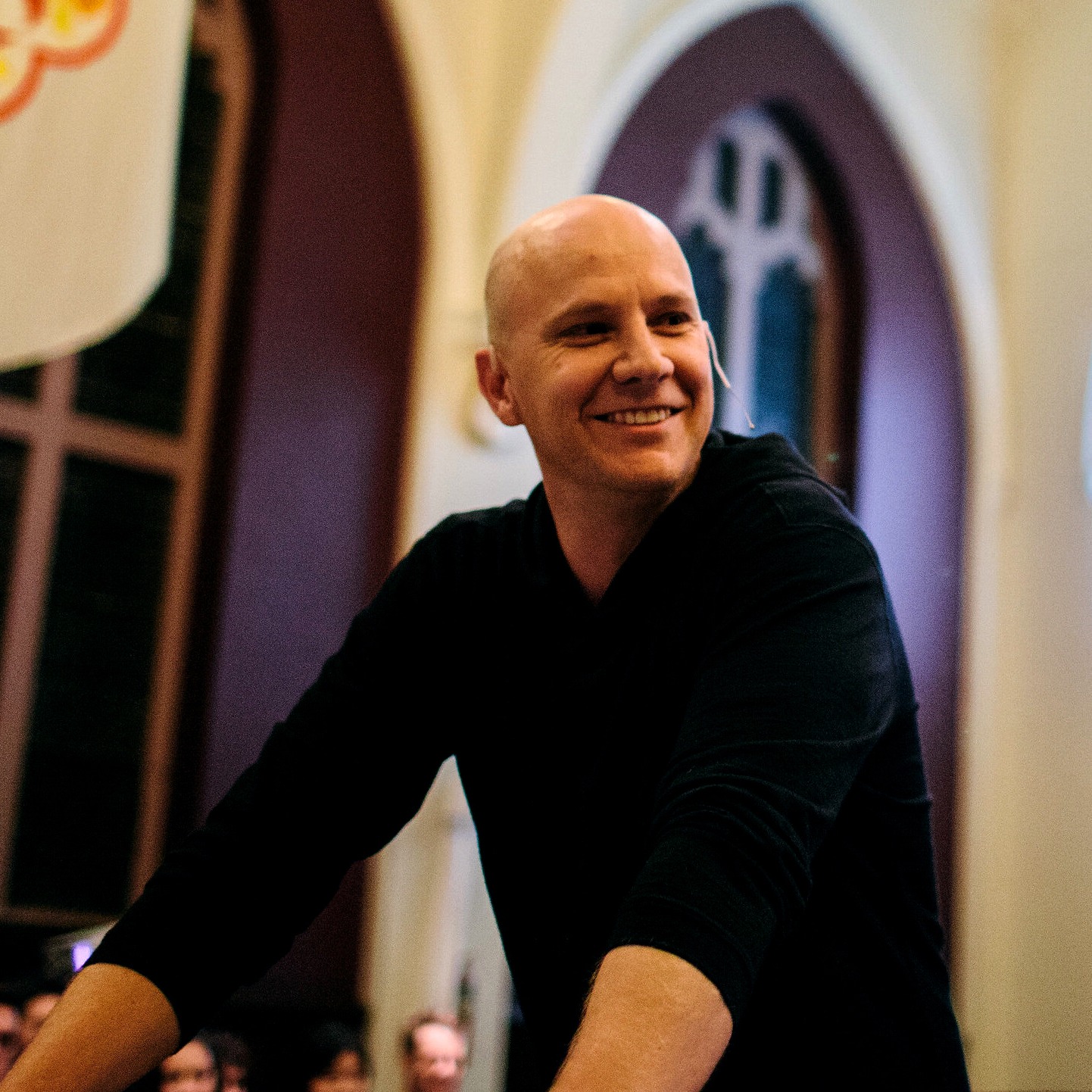In this episode of The Church Planting Podcast, Chris Moerman and Greg talk about how to engage the culture while staying true to God’s design for you as a leader.

Chris Moerman
Chris Moerman serves as the Lead Pastor of Grace Capital City in Washington DC, a church he and his wife planted in September 2016. Raised in Adelaide, Australia, Chris has ministered in various settings as a Pastor, Teacher and Worship Leader. Along with his wife Jessica, who works as an Atmospheric Scientist, Chris has a passion to help people discover how their faith in Jesus shouldn’t just exist within culture, but can actually help to shape culture according to Kingdom values. Chris loves music, sports (especially Australian Rules Football) and good Indian curry.
Engaging Culture as a Success Factor
-
-
Cultural Proficiency: the planter can speak about issues of meaning in familiar language, both interpersonally and publicly. Church planting is now a cross-cultural activity. Studying culture in order to communicate the good news of Jesus in ways the culture will understand is essential to church planters.
-
Responsive to Community: understand needs and opportunities in local community and lead others to respond by meeting those needs in significant ways. Being responsive to your community means understanding the need to serve and be served through relationship with Jesus and His church.
-
Cross-Cultural Preparation
Small ideological differences are weaved into people, even in places where things all look the same on the outside, and that can make cultural engagement even harder. You can’t know a place until you know the people.
Sitting, Listening, and Learning
Go slower than you think you should. Integrate more into community activities than you even think. Schools and playgrounds are great common meeting spaces for people with kids – or dog parks for people without kids.
(G) The soccer field has become a valuable place to connect for our family.
Dangers of Arrogance
You can name 4-5 things you know off the top of your head about any city – but it’s not until you get into stories and meet people that you see nuances and how it plays out. It might not totally discredit what you thought, but the nuances are real.
People are people. Even the most ‘successful’ people are as insecure, lonely, broken, and in need of Jesus as everyone. You’ll learn to relate to people not as a political party or an opportunity, but as human beings.
So, How Do You Engage Culture?
Preach the gospel as you understand it. No matter your context, you have to speak out of your revelation of God – the way you’ve experienced him. People are looking for authentic engagement.
It’s about context vs. contrast. You need the context of who are the people we’re trying to reach. What are their fears, their driving motivations? But if you spend your whole time trying to be like the culture, you never reach the culture. You have to offer something that is true to the revelation of who God has made you to be. You need to be able to offer people that helps them to step out of their reality or engage a different side of themselves – it needs to be something true, and it needs to contrast from what they’re engaging day to day.
Adversaries of Culture
It’s a both/and approach. You have to hold engaging and disengaging culture in tension. The narrative that to reach the culture you become like the culture is a lie – churches that do that die.
You have to speak truth in a way that is understandable and contextualized through the place and the leader. Different people respond to different leaders. If you operate out of a false identity, your leadership won’t work.
Do You Like the People of Your city?
YES! You should feel inspired by the people of your city!
You can’t force yourself to like a place that you’re not wired for. You’ve got to be all in. Discern that at the start – then, give yourself over to your place. Let your heart grow in affection for your place so you can minister out of love rather than duty.
Advice to Planters
Don’t be afraid to go slow.
Raise up leaders, with low control and high accountability. A little bit of mess is okay.
